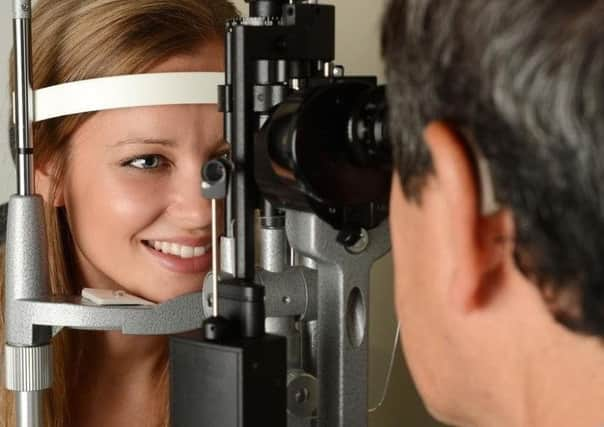Call for frequent eye checks for UK drivers


The findings come as pressure mounts on the government to change the law on vision requirements for motorists, following a series of high-profile road collision cases in which poor eyesight was a contributing factor. Under existing UK law, drivers must undergo an initial number plate test when taking a driving test, then complete a self-declaration for renewing their licence thereafter. This means that a 17-year-old who can read a number plate from 20 metres when they take their test, may continue to drive with no further checks for the rest of his or her life.
The AOP says these laws are among the laxest in Europe and is calling for a change that would see drivers required to have a comprehensive vision check to prove their vision meets the legal standard when they first apply for the licence, and then every ten years, or more frequently after the age of 70.
Advertisement
Hide AdAdvertisement
Hide AdThe Don’t Swerve a Sight Test campaign also reminds drivers that undergoing a sight test every two years is currently the best way to maximise their eye health and make sure they are road safe. Currently, an estimated 2,900 injuries on our roads each year are caused by drivers with poor vision.
Gillian Jones, whose father Ambrose Skingle was killed by a motorist who lied about their eyesight to renew their driving licence, said: “I have two sons and my father was a big part of their lives. When he died, it was as if centre of our lives had been ripped out. I know some people don’t want to have a sight test because they don’t want the bad news that they have to stop driving. I’d like them to think of the consequences, both to themselves and to others. I think most people would feel awful knowing they were responsible for taking a life.”